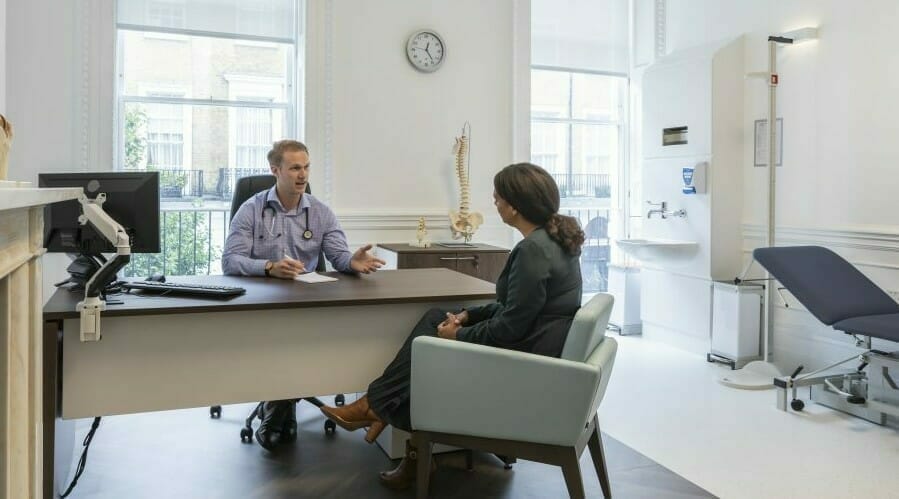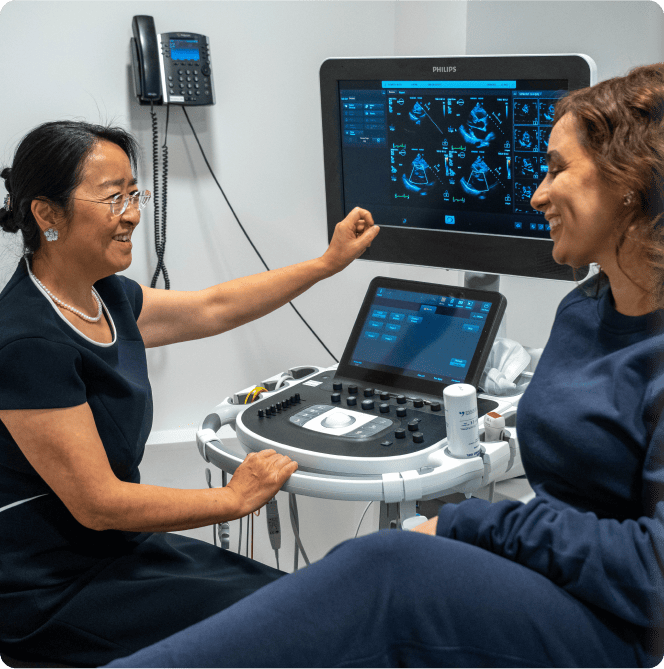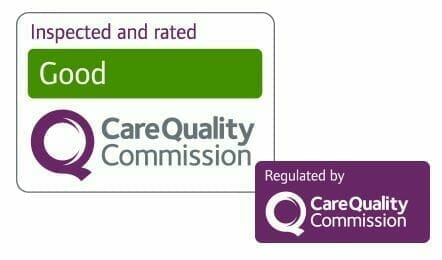Is Radiofrequency Ablation (RFA) painful?
The radiofrequency ablation (RFA) procedure itself is generally not considered to be painful, as it is typically performed under local or general anaesthesia, depending on the location of the abnormal tissue and the patient's comfort level. However, some discomfort or pain may be experienced during the procedure, particularly when the needle-like electrode is inserted into the tissue. After the procedure, patients may experience some mild to moderate pain, swelling, or discomfort in the treated area for a few days. This can usually be managed with over-the-counter pain medication.
Are there any side effects from Radiofrequency Ablation?
Radiofrequency ablation (RFA) is generally considered a safe procedure with minimal side effects. However, like any medical procedure, there is a risk of certain side effects, including:
- Pain or discomfort at the site of the procedure
- Swelling, redness, or bleeding at the site of the procedure
- Nerve damage causing numbness, tingling or weakness in the affected area
- Infection at the site of the procedure
- Injury to surrounding organs or structures
- Recurrent abnormal tissue growth
Most of these side effects are considered minor and temporary. However, in rare cases, more serious complications can occur, such as injury to surrounding organs or structures or nerve damage.
It's important to discuss any potential risks and side effects with your consultant before undergoing the procedure. It's also important to note that the RFA procedure may not be effective in all cases and the abnormal tissue may grow back over time. Your consultant will monitor you regularly to ensure that the treated tissue does not return and to make a decision on further treatment options.
What happens immediately after the Radiofrequency Ablation treatment?
Immediately after a radiofrequency ablation (RFA) procedure, patients will be monitored for a short period of time to ensure that there are no complications. You may feel some mild to moderate discomfort or pain in the treated area, and your doctor may provide pain medication to help alleviate this.
You will be given instructions on how to care for the treated area, such as how to keep the area clean, how to change any dressings, and when to return for follow-up appointments. You may be advised to avoid strenuous activities or heavy lifting for a period of time, as well as to avoid exposing the treated area to extreme temperatures.
During the first few days after the procedure, you may experience some swelling, redness, or bleeding at the site of the procedure. These symptoms should resolve on their own within a few days.
What is the recovery period?
The recovery time after a radiofrequency ablation (RFA) procedure can vary depending on the location of the abnormal tissue and the patient's overall health.
In general, most people can return to their normal activities within a few days after the procedure, provided that there are no complications. However, it's important to avoid strenuous activity or heavy lifting for a period of time as advised by the doctor.
Patients may experience some mild to moderate pain, swelling, or discomfort in the treated area for a few days after the procedure. Over-the-counter pain medication can usually be used to alleviate this discomfort. It's also important to follow any specific instructions provided by your doctor after the procedure to ensure a smooth recovery.
How well does Radiofrequency Ablation work?
The effectiveness of radiofrequency ablation (RFA) can vary depending on the condition being treated, the size and location of the abnormal tissue, and the patient's overall health.
For certain types of cancer, RFA has been shown to be an effective treatment option, especially for small tumours that are difficult to remove surgically. In these cases, RFA can help to shrink or slow the growth of the tumour and can also help to relieve symptoms caused by advanced cancer that has spread to the bones.
For chronic pain, RFA has been shown to be an effective treatment option for certain conditions such as spinal stenosis, degenerative disc disease, and facet joint arthritis. It can help to reduce pain and improve function.
What is the cost of Radiofrequency ablation in the UK?
At UME Health, we offer the treatment conducted by highly experienced consultants at our five star clinic in Harley Street. Call us today to discuss pricing.
Can Radiofrequency ablation (RFA) be used to treat back pain?
Radiofrequency ablation (RFA) is sometimes used to treat chronic back pain caused by certain conditions, such as facet joint pain and sacroiliac joint pain. These conditions occur when the small joints in the spine become damaged or inflamed, causing pain and stiffness.
RFA is a procedure that uses heat generated by radiofrequency energy to destroy nerve tissue that is transmitting pain signals. The procedure is typically performed using a needle-like probe that is inserted into the affected joint. The heat from the probe causes the nerve tissue to be destroyed, which reduces or eliminates pain.
RFA can be used to provide relief for chronic back pain caused by certain conditions such as:
Facet joint pain, which is pain caused by inflammation or degeneration of the small joints in the spine that connect the vertebrae.
Sacroiliac joint pain, which is pain caused by inflammation or degeneration of the joint that connects the sacrum (the triangular bone at the base of the spine) to the pelvis.
RFA is considered a safe procedure with a low complication rate. However, as with any medical procedure, it's important to speak with a doctor to determine if RFA is the best option for your individual case and to understand the potential risks and benefits.
It is also important to note that RFA is not a treatment option for all types of back pain, and it's important to consult with a doctor to determine the underlying cause of the pain and the most appropriate treatment.

Our UME Health Promise

Radiofrequency Ablation FAQs
Welcome to our FAQ section about radiofrequency ablation, a minimally invasive procedure used to treat various medical conditions. We understand that patients often have questions about this innovative treatment option, and we have carefully selected the most common and relevant queries to help you find the answers you need. Whether you are considering radiofrequency ablation as a potential solution or simply looking to learn more about the procedure, this section aims to provide you with valuable information. Browse through our frequently asked questions below to gain a deeper understanding of radiofrequency ablation and its benefits.
Radiofrequency ablation (RFA) is a minimally invasive procedure that uses electrical energy to heat and destroy abnormal tissue. It is commonly used to treat conditions such as tumours, varicose veins, heart rhythm disorders, and chronic pain. During the procedure, a thin needle-like probe is inserted into the targeted area, and high-frequency electrical currents are delivered to generate heat, causing the abnormal tissue to be destroyed. RFA offers several benefits, including a shorter recovery time, reduced risk of complications, and minimal scarring.

4.8/5
Ratings
1000+
Reviews
UME Health Patients
Reviews
At our clinic, we strive to provide the best possible care to our patients. We are dedicated to ensuring that each patient has a positive treatment experience and receives the best possible care from industry consultants.
Our goal is to provide a comfortable and welcoming environment where our patients feel cared for and supported throughout their treatment journey. We value our patient's feedback and are committed to continuously improving our services to meet their needs.
Other Services UME Health Offers

Sports Medicine
Our highly experienced team of ENT consultants treat, diagnose and manage a range of ENT conditions including...

MRI Scan
Magnetic resonance imaging (MRI) is a type of scan that uses strong magnetic fields and radio waves to produce high-quality images...

Patient Friendly MRI
This innovative technology allows patients to watch a video that is displayed on a screen outside the MRI machine, while a mirror...

UME Group LLP. Registration number: OC333533. A Company Registered in England and Wales. Registered office: 17 Harley Street, London, W1G 9QH ©Copyright 2024 - UME Group LLP. Built and maintained by Dezign41 London


